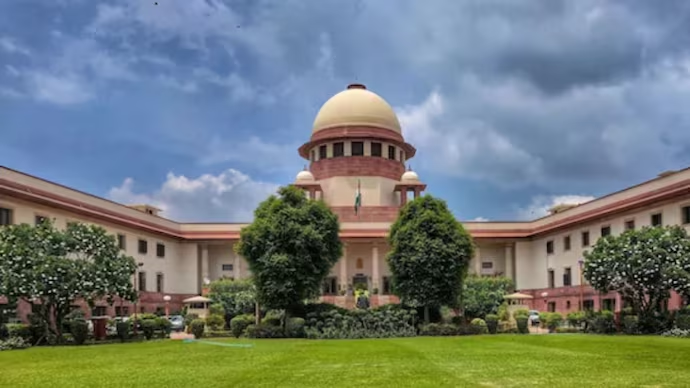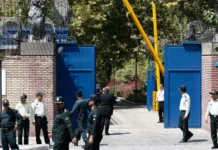In a landmark judgment that redefines the balance of power between state governments and the central executive, the Supreme Court of India ruled on Thursday, November 20, 2025, that governors cannot indefinitely delay giving assent to bills passed by state legislatures.
However, the apex court also stated that it cannot impose fixed timelines on the president or governors for this constitutional duty, emphasising that prolonged inaction would be subject to judicial review.
The ruling from a constitution bench provides crucial clarity on a major point of political friction in India’s federal structure. The case stemmed from escalating disputes in opposition-led states like Kerala and Tamil Nadu, where dozens of bills had been languishing for months on governors’ desks, effectively stalling the legislative agendas of elected governments. The court found that while the governor possesses discretion, this power is not absolute.
“We find that the Governor has discretion… but cannot delay it indefinitely,” the court held, as reported by national media.
This nuanced opinion acknowledges the constitutional role of the governor while establishing a vital check on its potential for abuse. The ruling effectively warns that governors who engage in unreasonable foot-dragging will face legal scrutiny.
As summarised by legal portal LiveLaw, the court clarified that “if there is a prolonged or unexplained delay… the Court can exercise a limited power of judicial review.” This means that while the court will not mandate a specific number of days for assent, it can intervene to compel a decision if a delay is deemed excessive and unjustified.
The implications for governance are immediate and profound. The judgment empowers state governments by providing a legal recourse against what they have often decried as politically motivated obstruction.
Reporting on the verdict, The Hindu noted that the ruling confirms that “Governors cannot stall governance by endlessly sitting on important welfare laws.” This strengthens the autonomy of states and reinforces the principle that the executive should not undermine the legislative will of elected assemblies.
The ruling is being hailed as a victory for constitutional propriety, though its practical effectiveness will depend on the willingness of state governments to approach the courts in future disputes.
The verdict does not offer a quick, automatic fix but establishes a powerful precedent that is expected to discourage the practice of indefinite delays. The decision marks a significant step in the ongoing evolution of Indian federalism, ensuring that the office of the governor serves as a constructive constitutional authority rather than a point of political blockage.
By Were Kelly



















